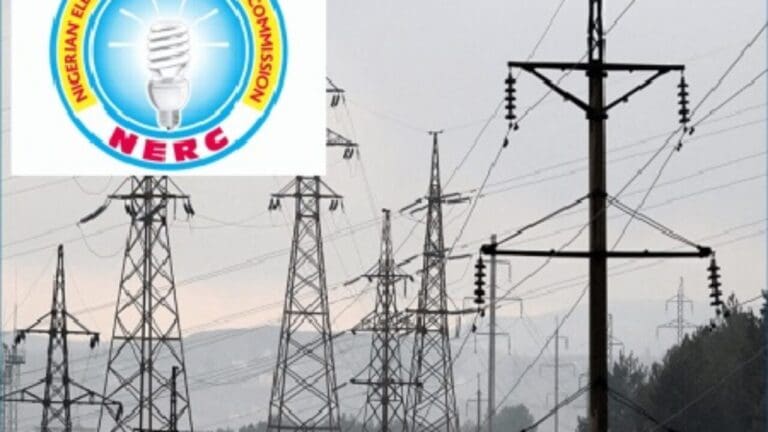Nigeria’s Minister of Power, Mr. Adebayo Adelabu, has announced that the power sector achieved a 70 per cent year-on-year revenue growth in 2024.
Mr. Adelabu said at the public presentation of the National Integrated Electricity Policy and Nigeria Integrated Resource Plan in Abuja on Thursday that the sector’s revenue surged from N1.05 trillion in 2023 to over N1.7 trillion in 2024, marking a notable achievement in the commercialisation of electricity distribution in Nigeria.
The minister attributed the revenue growth to the introduction of a Band A tariff and other electricity reforms.
According to the minister, despite the initial concerns following the introduction of the tariff, there has been no significant backlash months after the adjustment.
The positive impact of these changes indicates that the sector’s trajectory is on the path to long-term sustainability.
“We recorded growth in sector revenue from N1.05tn in 2023 to over N1.7tn in 2024. That’s 70 per cent just by commercialising a tiny portion, 15 per cent of consumers,” the minister said.
“This means that things can only get better as we continue to implement more cost-effective planning regimes in the sector.”
Acknowledging the persistent challenges in the power sector, particularly the issue of the metering gap, the minister confirmed that over six million customers still do not have meters, representing roughly 50 per cent of the consumers.
This lack of metering is a significant obstacle to implementing a cost-reflective tariff and fully commercializing the sector.
“The meter gap is a huge discouragement for us to implement a cost-reflective tariff. Without meters, we are still relying on estimated billing, and customers cannot effectively manage their consumption,” he stated. “This remains a major issue for the sector,” he said.
On the state of the distribution companies, which are currently seen as an impediment to the sector’s growth, the minister lamented that the Discos (power distributors) are focusing on short-term profits at the expense of long-term investments.
According to the minister, their reluctance to invest in necessary infrastructure and their inability to attract financing due to weak balance sheets have hindered progress.
GIK/APA


